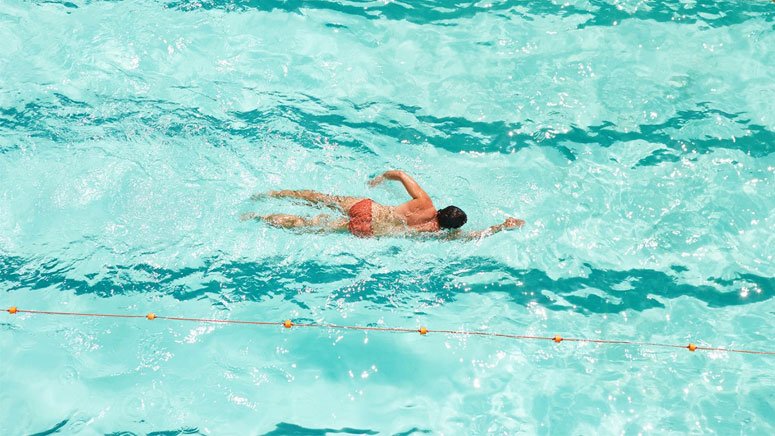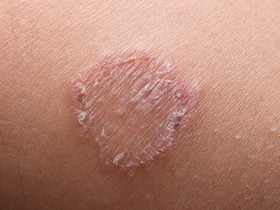Overview

Swimming offers numerous benefits for mental and aerobic fitness. However, research shows that people who swim in ocean and pool water are prone to eczema flares. This is due to the accumulation of calcium in the water and skin. Chlorinated water is also known to boost your skin’s resistance to bacteria and reduce your susceptibility to eczema.
To protect the skin from bacterial infections, experts recommend rubbing a barrier cream before swimming, applying for UV protection, and washing your body after swimming.
Eczema is a severe skin disease that is usually accompanied by itching, irritation, and inflammation. While it is mostly seen in young children, adults and teenagers may also experience the condition.
According to a study done in BMC Complementary Medicine and Therapy, swimming therapy has ameliorative effects on eczema symptoms in children. This is the only study that links swimming with therapy.
Reports from the International Journal of Environmental Research and Public health show that lifeguards and people who swim regularly are more susceptible to eczema.
Do you want to understand the relationship between swimming and eczema? Read on! This article will tell you how swimming can worsen or treat eczema.













